Restorative Justice Consultant & Trainer
My mission is to transform schools through implementing restorative practices and to create safe and supportive environments for students, teachers, families, and communities.
About Me
Let's Create The Best Learning Environment For Your School
Lori DeCarlo is a passionate advocate for the implementation of Restorative Justice Practices in schools. As President of Restorative Justice Education – NY, LLC, she serves as a conference speaker, consultant and trainer on the topic of Transforming Schools through Restorative Practices.
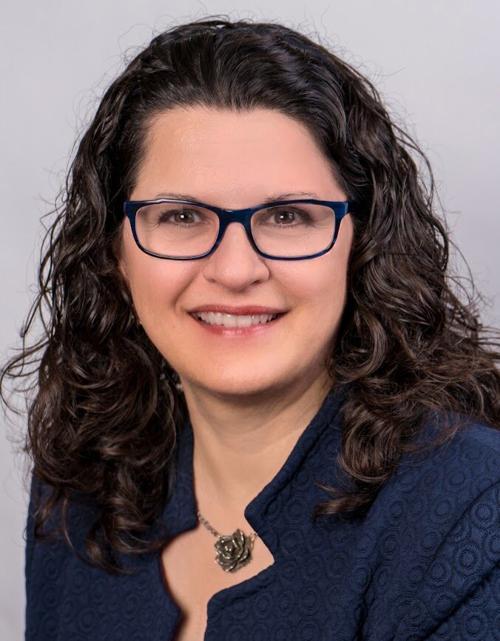
Services
Let's work together to empower youth to take responsibility for their actions and to make amends for the harm they have caused.
What is Restorative Justice?
Restorative justice is an approach to education that focuses on relationships. The strategies that are utilized are referred to as “restorative practices”.
There are dozens of restorative practices that fall into two main categories: proactive and responsive.
Proactive restorative practices are implemented to build relationships and social-emotional skills among all of the people who are part of a school, resulting in a strong sense of community and belonging. Proactive restorative practices are also utilized to ensure that academic learning is both collaborative and engaging. In schools, when proactive restorative practices are implemented consistently, it results in a positive school culture and climate.
Responsive restorative practices are employed when problems or conflict arise. Responsive restorative practices ask all who are affected by a problem to share their perspective on what happened, how they were affected and what they want or need to restore safety, respect and relationships. In schools, where responsive restorative practices are implemented as a part of discipline, students are provided an opportunity to learn from their mistakes, while being held accountable to “repair any harm” caused by their actions
Many restorative practices, whether proactive or responsive, bring people together to sit or stand in a circle formation. Often referred to as “circling up”, this simple routine has profound power to create openness that is essential to connect, relate and resolve differences.
Each school year, nearly 3 million K-12 students get suspended and over 100,000 get expelled from school.
– National Center For Educational Statistics
Schools Worked With:
- Troy Middle School, Troy, NY
- Rocky River High School, Charlotte, NC
- Northridge Middle School, Charlotte, NC
- Lewiston-Porter Middle School, Youngstown, NY
- Lewiston-Porter Intermediate Education Center, Youngstown, NY
- Lewiston-Porter High School, Youngstown, NY
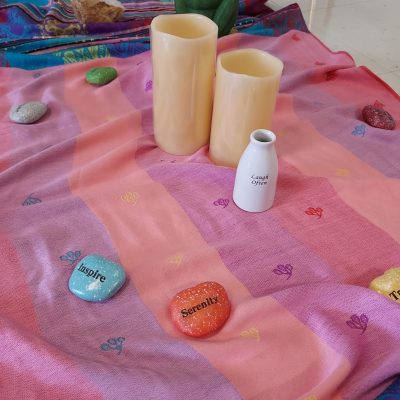
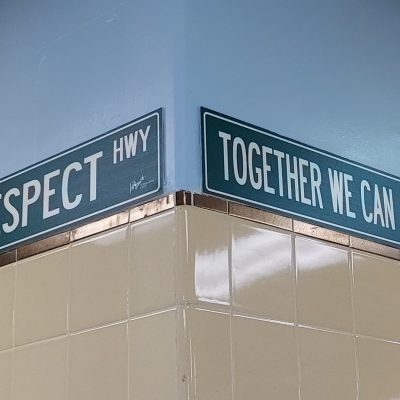
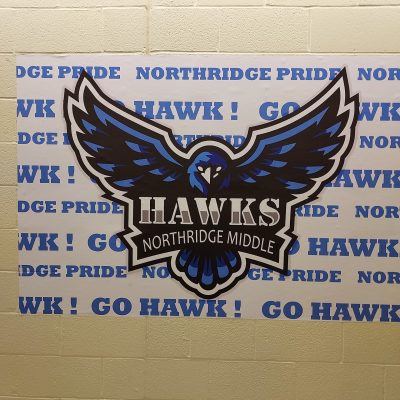
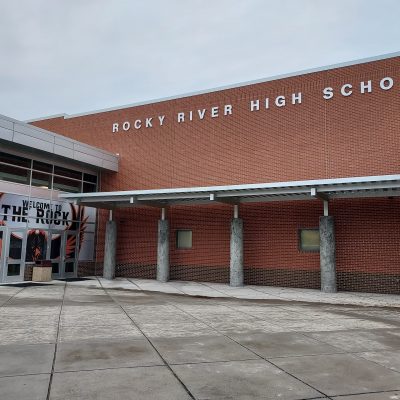
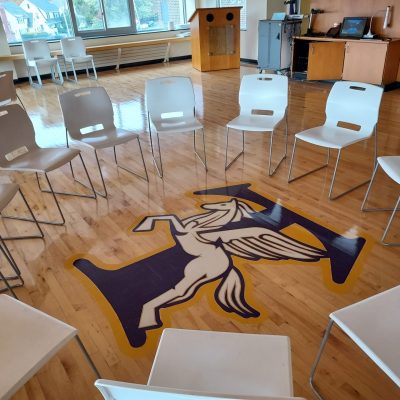


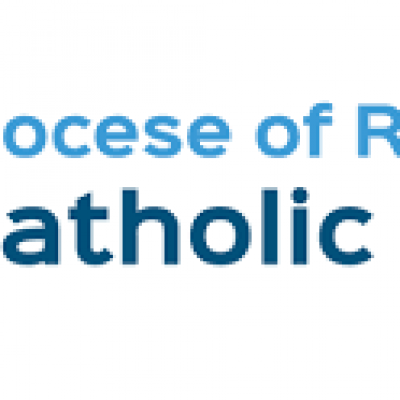
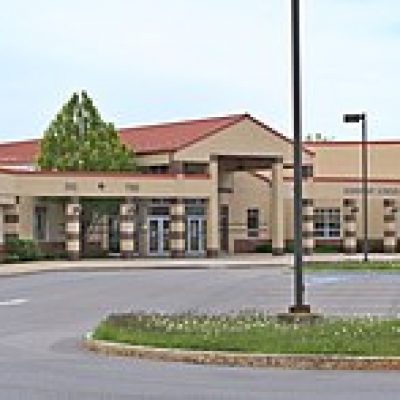
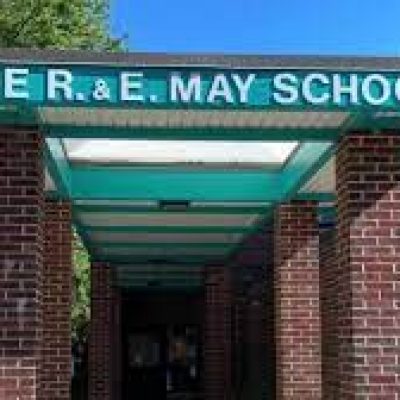
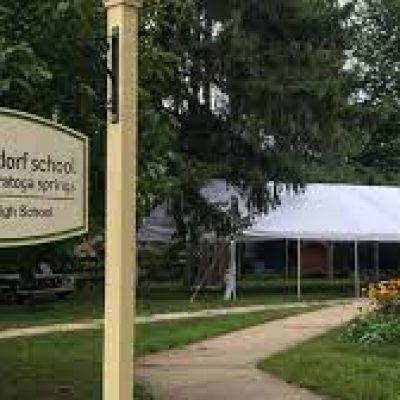
Popular articles
Hello world!
Welcome to WordPress. This is your first post. Edit or delete it, then start writing!
